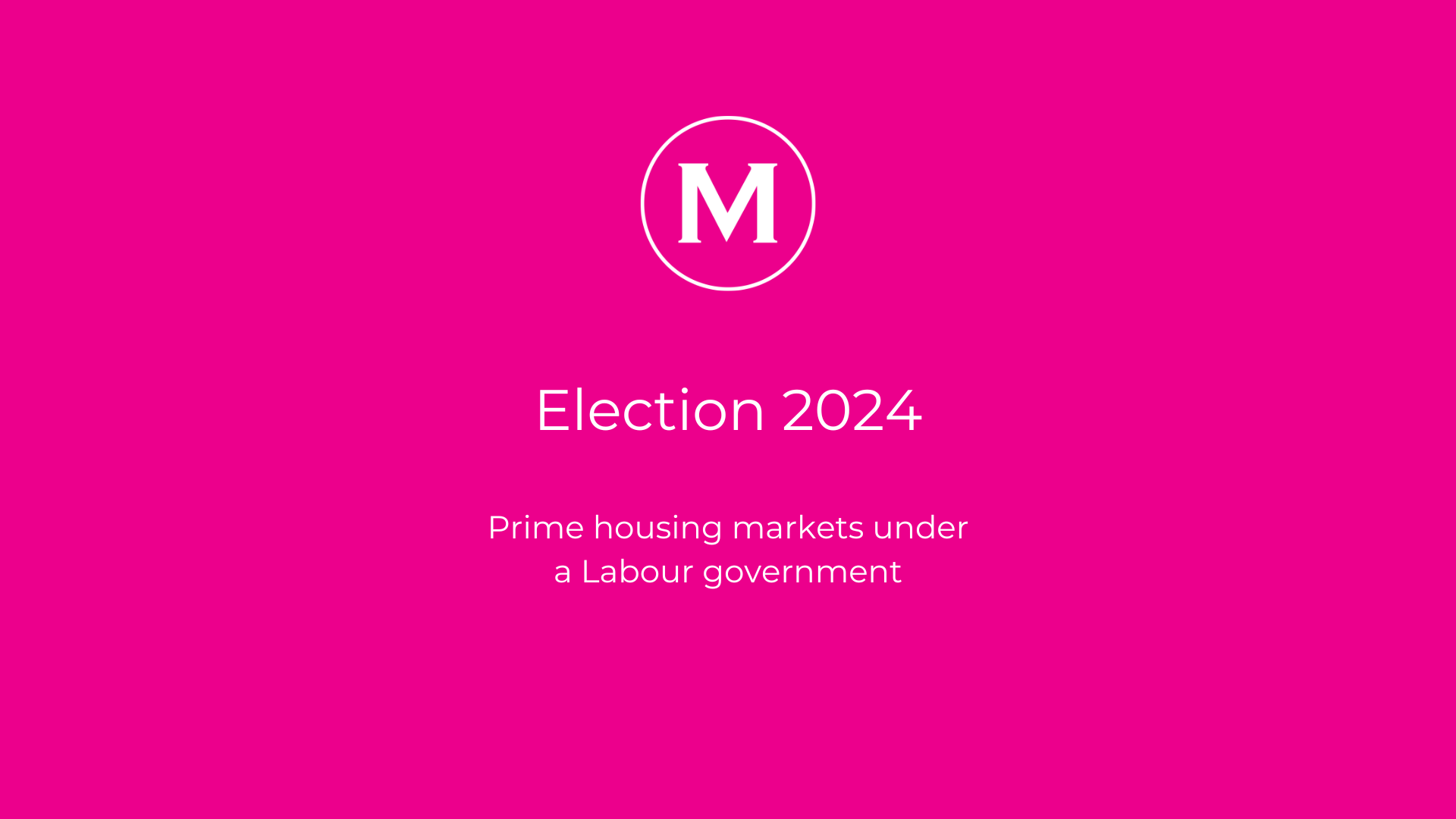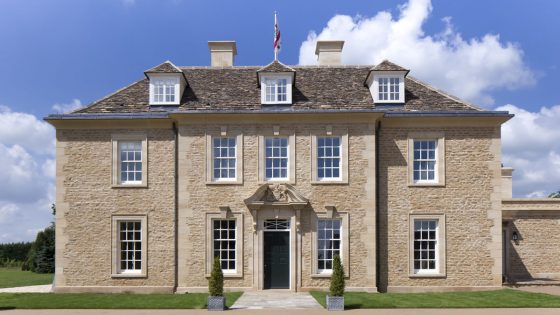Our Market Insights reports investigate key trends and structural changes in UK prime housing markets. As part of our ongoing collaboration with real estate researcher, Yolande Barnes, this volume considers the potential impact of the forthcoming general election. Should buyers of prime property feel threatened by the prospect of Corbynite mansion taxes, wealth taxes and death duties or would a Labour government under Sir Keir Starmer be altogether more benign? Our analysis of 50 years of housing data and current Labour policy gives cause for optimism and – with real house prices at levels last seen in 2003 – a growing sense of opportunity across the UK’s prime property markets. The key findings are below:
-
The next general election in the UK must be held before the 24th January 2025 and many political observers and pundits are anticipating that Rishi Sunak will go to the polls in Autumn 2024. Given current opinion polls, there is a very real prospect of a change of government.
-
When adjusted for RPI inflation, real house prices have fallen by 7.5% since the coalition government took power in 2010 and by 6% since the last general election. This is a further ill omen for the Conservatives: falling real house prices have been a feature in 2 out of 3 regime changes since 1975, whereas there has been no change in the governing political party during a period of rising real house prices since 1979.
-
Since 1976, there have been 10 prime ministers. The regimes that have seen the highest percentage per annum real house price growth have been mainly Labour, whereas four of the five regimes which presided over falling real house prices were Conservative.
-
Tony Blair was the prime minister who saw the highest real house price growth during his premiership averaging 9% per annum compound while Liz Truss presided over an annualised equivalent of -5.4% per annum compound over her very short term in office.
-
Labour politicians are going out of their way to distance themselves from the former statements and policies of the Jeremy Corbyn regime by allaying fears of additional taxation, property charges and wealth taxes. Prime property owners will be less affected by a change in government than they might have been at the 2019 election.
-
Elections themselves have no discernible impact on the housing market. They have been held in bear markets, bull markets and markets in-between but there is no evidence since the 1970s that they have changed the direction of house price movements in and of themselves.
-
There is some anecdotal evidence of a transaction hiatus in the weeks immediately before an election as buyers adopt a ‘wait and see’ approach but this dissipates too quickly to show up in quarterly house price changes.
- The success or failure of any incoming government to curb inflation and rekindle economic growth could be far more important than specific housing policies. With real house prices currently at levels last seen in 2003, a return to the prospect of continuing real wage rises could make housing today look relatively cheap.
Managing Director Mark Parkinson commented: “Our research suggests cause for optimism ahead of next year’s general election. The likelihood of an incoming Labour government no longer feels like a massive threat to prime property markets in London and the country. We are heartened by Labour’s recent policy announcements alongside the historical data showing the real house price growth delivered by two of the past three Labour governments. That said, the primary task for any incoming government – irrespective of colour – is to curb inflation and rekindle economic growth. With real house prices currently at 2003 levels, a return to the prospect of continuing real wage rises could make housing today look relatively cheap.”
Also featured in The Times.







